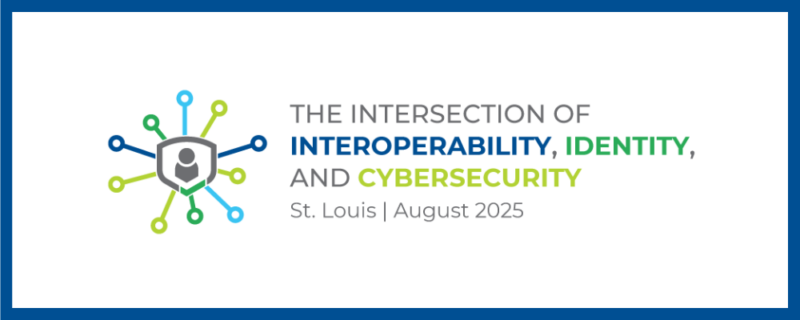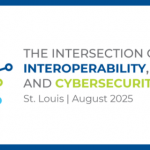There are many touchpoints in the patient experience that contribute to a lasting impression for each of us in some way. Perhaps you can remember the last time a hospital sent you a form letter with a gentle request to complete the included HCAHPS survey.
If you’re like me, you might begin to reflect on how personal that experience was for you as the patient or even as an advocate for someone else who needed care. You also might make an important value judgment regarding the organization and people that this survey represents, and either complete or dismiss this part of the patient engagement process.
One tenet of meaningful EHR adoption is the right people having the right information at the right time. It is certainly true in the case of patient safety, such as in the case of known allergies to medications. But what about the more subtle aspects of all this information, and how do people throughout the process of the patient experience use it to personalize the interactions when it matters most? The point being that it’s not in that form letter that arrives several weeks after the experience has already been defined.
There is certainly fierce competition among healthcare organizations to win the attention of people who have a need for some type of care. Whether it’s the large multidisciplinary facility or the small practice in a business park, appealing to consumers is more important than ever. So what lesson can the pharmaceutical market lend to the traditional patient experience?
A recent study from the John Molson School of Business at Concordia University revealed some thought-provoking insights about brand personality that apply to the patient experience. Co-author of the study, professor Lea Katsanis stated that “brand personalities can transform products from being merely functional to having emotional value in the eyes of the consumer.” She also added that “from a consumer perspective, prescription drug brand personality may make health-related issues more approachable and less intimidating, facilitating physician-patient interactions by making patients more familiar with the medications used to treat what ails them.”
In the study, 481 US respondents rated 15 prescription medications on 22 different personality traits. Among these personality traits were: dependability, optimism, anxiousness and elegance. As a result, the prescription drug brand personality was defined within the two dimensions of competence and innovativeness.
The story of the patient experience includes the opportunity to extend beyond the functional value of the clinic into the emotional value. Perhaps the most important takeaway lies in the idea of humanizing the interactions that take place among all of the people involved in the patient experience. Respondents in the study “typically applied terms such as dependable, reliable, responsible, successful, stable, practical and solution-oriented to branded drugs.” It speaks as much to the user experience of the patients as it does to that ongoing conversation about EHR usability among physicians every day in the clinic.
 Robert Green is the author of Community Healthcare: Finding a Common Ground with New Expectations in Healthcare. Through his physician client relationships, Bob has gained substantial insight regarding the daily challenges that medical professionals and their staffs face, such as regulatory issues, financial management, and clinical collaboration through the use of health IT. His process of making both interpersonal and purposeful connections within the organization results in improved employee performance and confidence and enhanced client experience.
Robert Green is the author of Community Healthcare: Finding a Common Ground with New Expectations in Healthcare. Through his physician client relationships, Bob has gained substantial insight regarding the daily challenges that medical professionals and their staffs face, such as regulatory issues, financial management, and clinical collaboration through the use of health IT. His process of making both interpersonal and purposeful connections within the organization results in improved employee performance and confidence and enhanced client experience.























